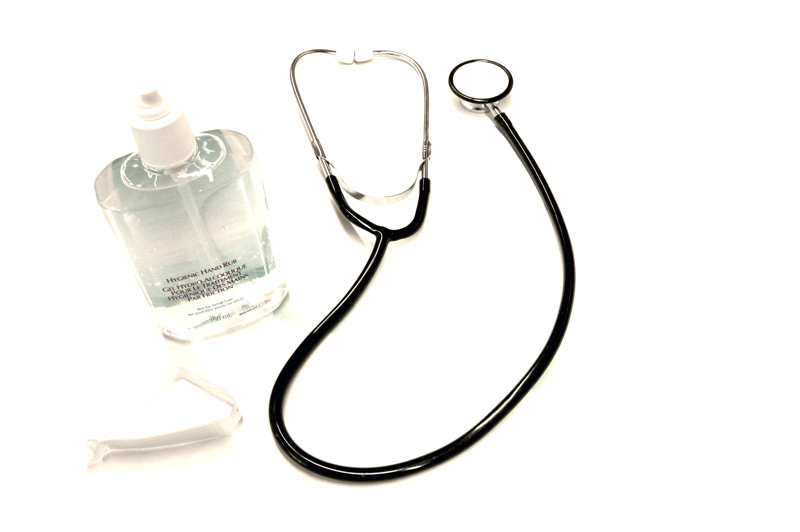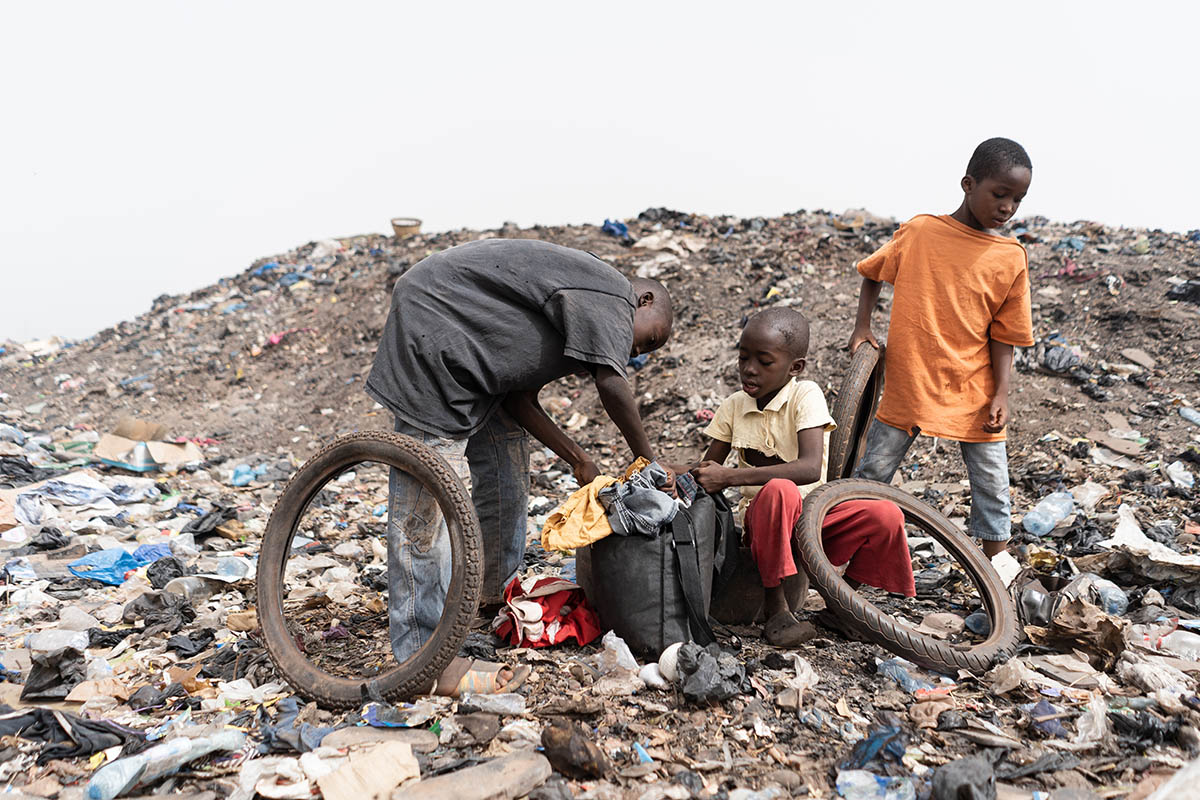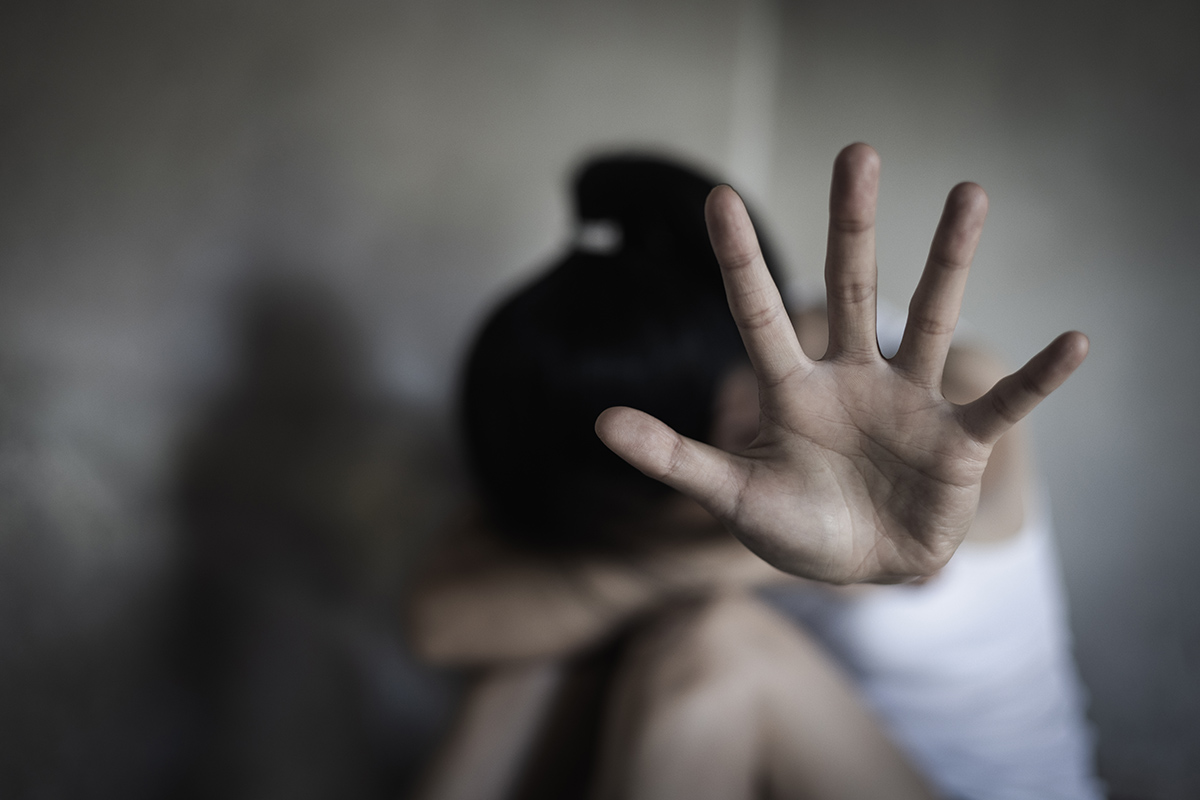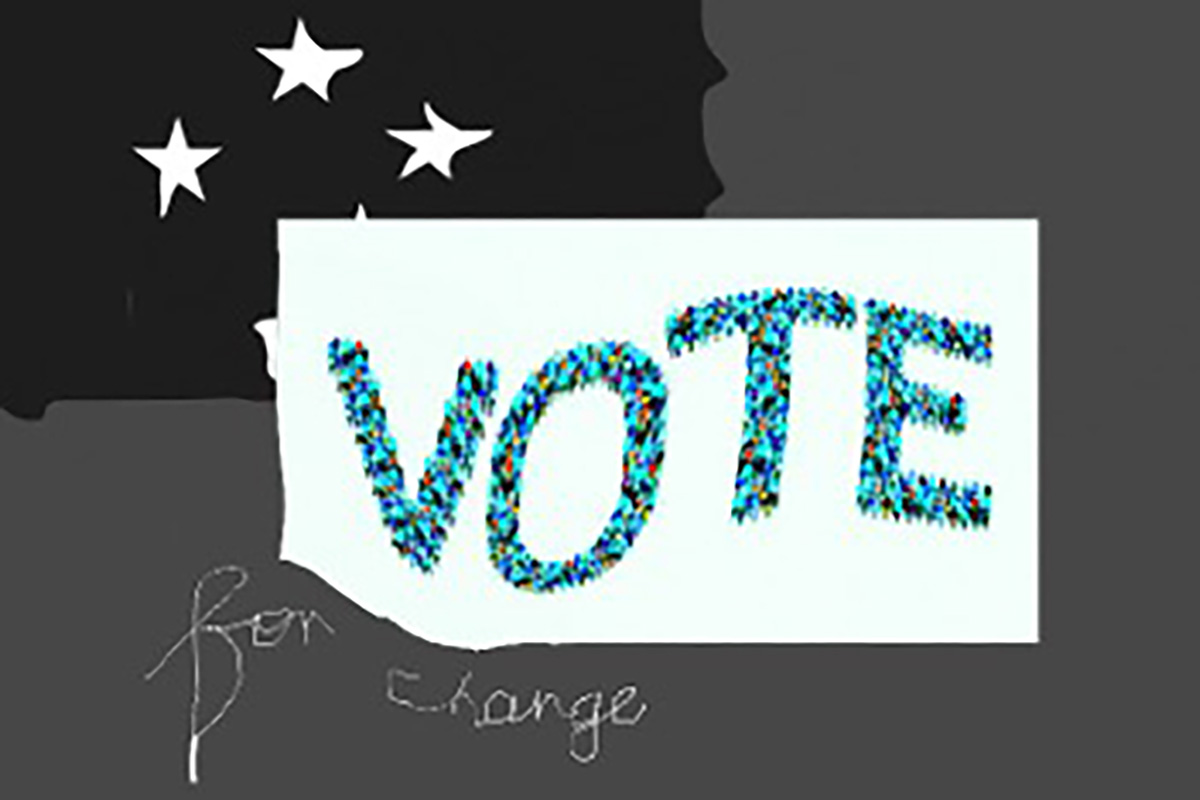“An ailing nation hurts during doctor strike”
March 13 Kenya’s National Health Service is in a tumultuous period. As Aisha Anne Habiba, 27, a Correspondent from Mombasa in Kenya explains, a weeks-old standoff between the government and doctors has brought the public healthcare system to an almost complete standstill.
Kenya’s National Health Service is in a tumultuous period. As Aisha Anne Habiba, 27, a Correspondent from Mombasa in Kenya explains, a weeks-old standoff between the government and doctors has brought the public healthcare system to an almost complete standstill.
The strike is the second longest in Kenya’s history; the longest was in 1994 and lasted three months. While strikes are admissible deadlock-breaking agencies employed when labour deliberations have reached a stalemate during collective bargaining, the impact is extremely severe in a developing country dealing with several socio- economic challenges.
The majority of Kenya’s population is being deprived of its fundamental right to quality and timely healthcare. This has left many crippled physically, and many lives have been lost as the government continues to hide the death count from the public.
The public health care system has long been plagued by under-staffing, and shortages of funding and medical equipment. The World Health Organization’s endorsed recommendations state that a country should have a prescribed limit of 1:1000 doctor to patient ratio, however the ratio currently stands at 1:17,000. Following the devolution of the government, these systemic problems have increased fourteen fold with the public health services in the 47 counties pervaded by ethnic profiling and poor working conditions, such as the lack of post-exposure prophylaxis treatment in the case where a doctor accidentally pricks himself with a syringe used on a HIV- positive patient. However, the prime reason for this altercation is the government’s failure to honour the Collective Bargaining Agreement signed in 2013. The doctors claim that their pay is not commensurate with the heavy workload that has stretched existing human resources and medical facilities. Consequently, they are demanding a 300 per cent pay rise, which the government acquiesced to through the 2013 agreement.
The agreement was intended to motivate broad engagement for reform and tackle the acute nationwide shortages, provide funding for medical research and training as well as create a grievance procedure for staff and equipment shortages. For the most part, the strike has proven ineffective as the government offered the medical union an across-the-board salary increase of 40 per cent, which was rejected.
As much as strikes are a fundamental right whose invalidation would be inimical to good governance, health practitioners need to have a special consideration for vulnerable persons who lack a means of obtaining alternative healthcare. The medical profession has a serious de facto obligation, as the Hippocratic Oath clearly acknowledges that the principles of altruism and beneficence need to be upheld. Using people’s health and lives as bargaining tools results in violation of human rights – the right to life and the right to quality health care – and is an abnegation of the very essence of what it means to be a health practitioner. Doctors therefore need to reconcile the conflicting principles of being agents of fiscal and economic policy and their obligation to patients.
On the flip side, the government needs to reconsider its negotiation strategy as well as commit to fair remuneration by ensuring that civil servants wages are synchronised equitably. In a vain attempt to intimidate the Kenya Medical Practitioners and Dentists Union, the Employment and Labour Relations Court sentenced seven officials from the doctors’ union to one month imprisonment for contempt of court. Several doctors have been issued with termination letters while their salaries have been withheld. The use of bureaucratic red tape has only served to strengthen the doctors’ resolve and frustrate negotiations, albeit at a high cost as patients who cannot afford private medical care continue to suffer.
Both the government and the medical fraternity need to take full responsibility for the current strike and put the needs of Kenyans first by providing citizens with timely and comprehensive healthcare services. Recriminations of buck passing between the government and doctors have so far failed to achieve any resolution, yet the clock is ticking and many more innocent lives are being lost.
photo credit: LTD Team LTD_Clincal_0018 Stethescope, alcahol rub, hygiene, wrist band via photopin (license)
…………………………………………………………………………………………………………………
About me: Working as a Gender, Communications and Research Assistant at an NGO, my passion is to inspire positive and sustainable breakthrough in the livelihoods of vulnerable women and children dealing with diminished status. I am ardent about the eradication of poverty caused by gender inequality because I believe that poverty is sexist. My ultimate goal is to be the next Wangari Maathai, an activist-writer who would pioneer a women’s movement aimed at lobbying for improved socioeconomic rights for women.
…………………………………………………………………………………………………………………
Opinions expressed in this article are those of the author and do not necessarily represent the views of the Commonwealth Youth Programme. Articles are published in a spirit of dialogue, respect and understanding. If you disagree, why not submit a response?
To learn more about becoming a Commonwealth Correspondent please visit: http://www.yourcommonwealth.org/submit-articles/
…………………………………………………………………………………………………………………




